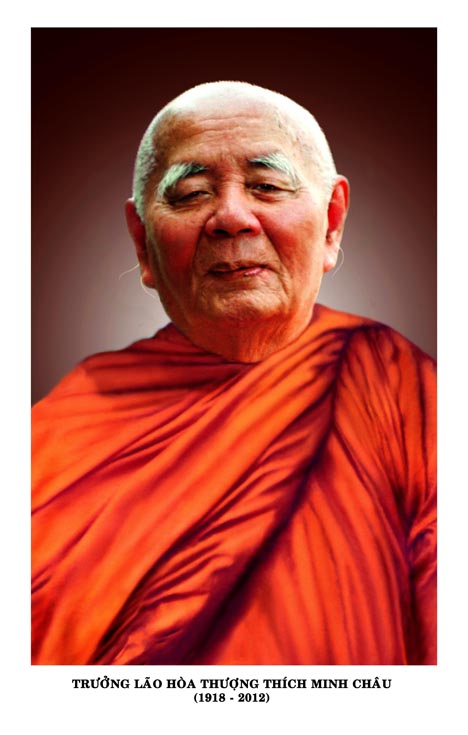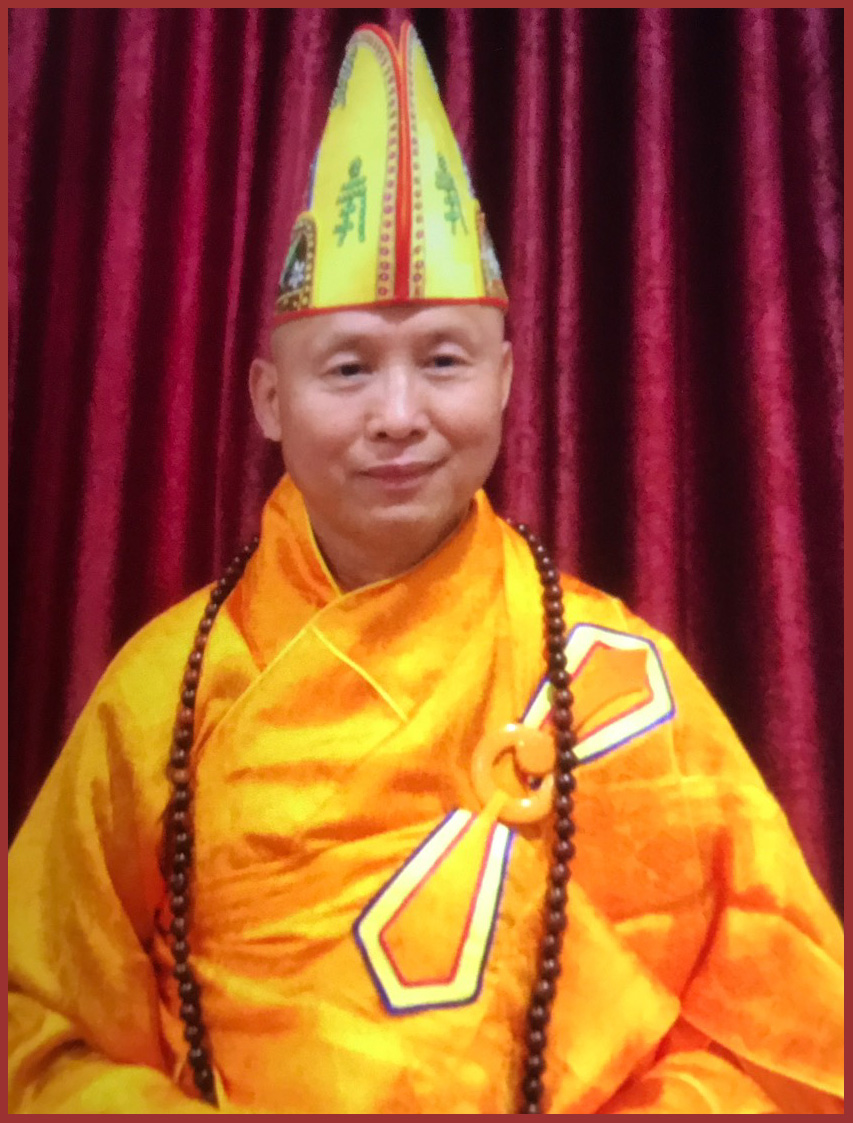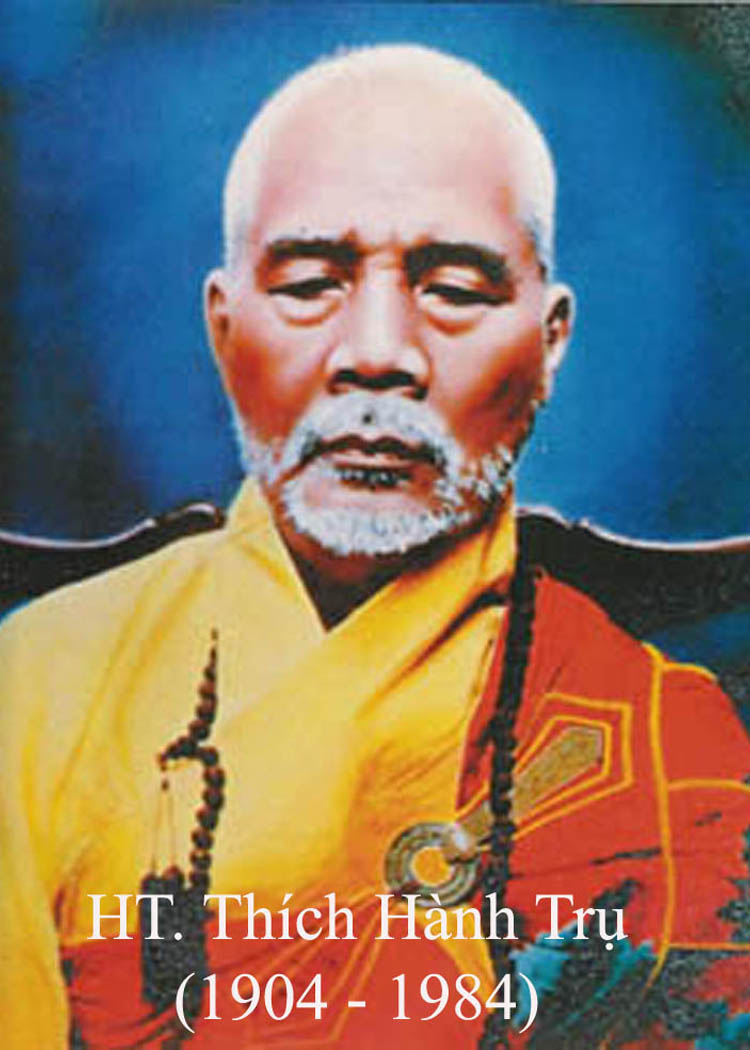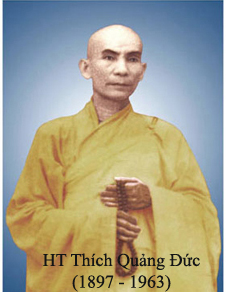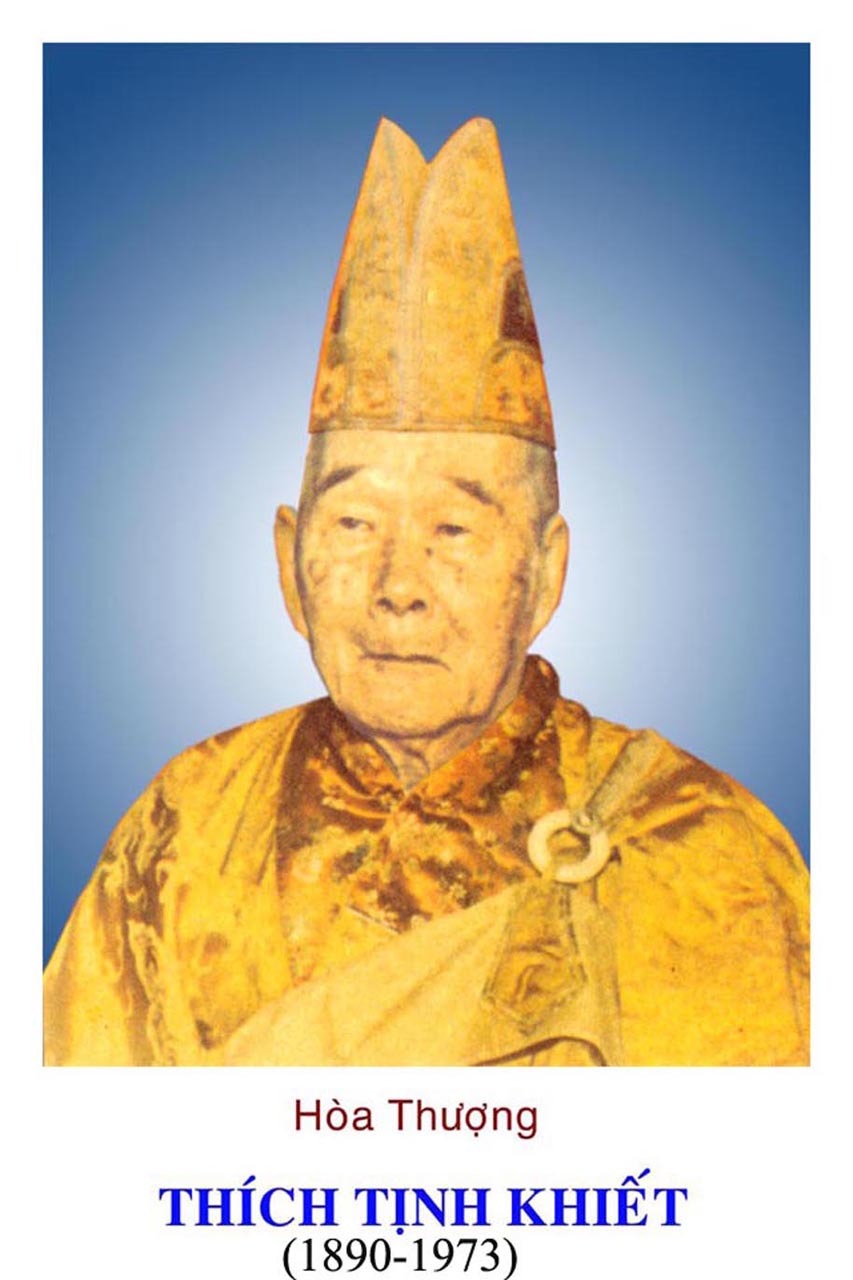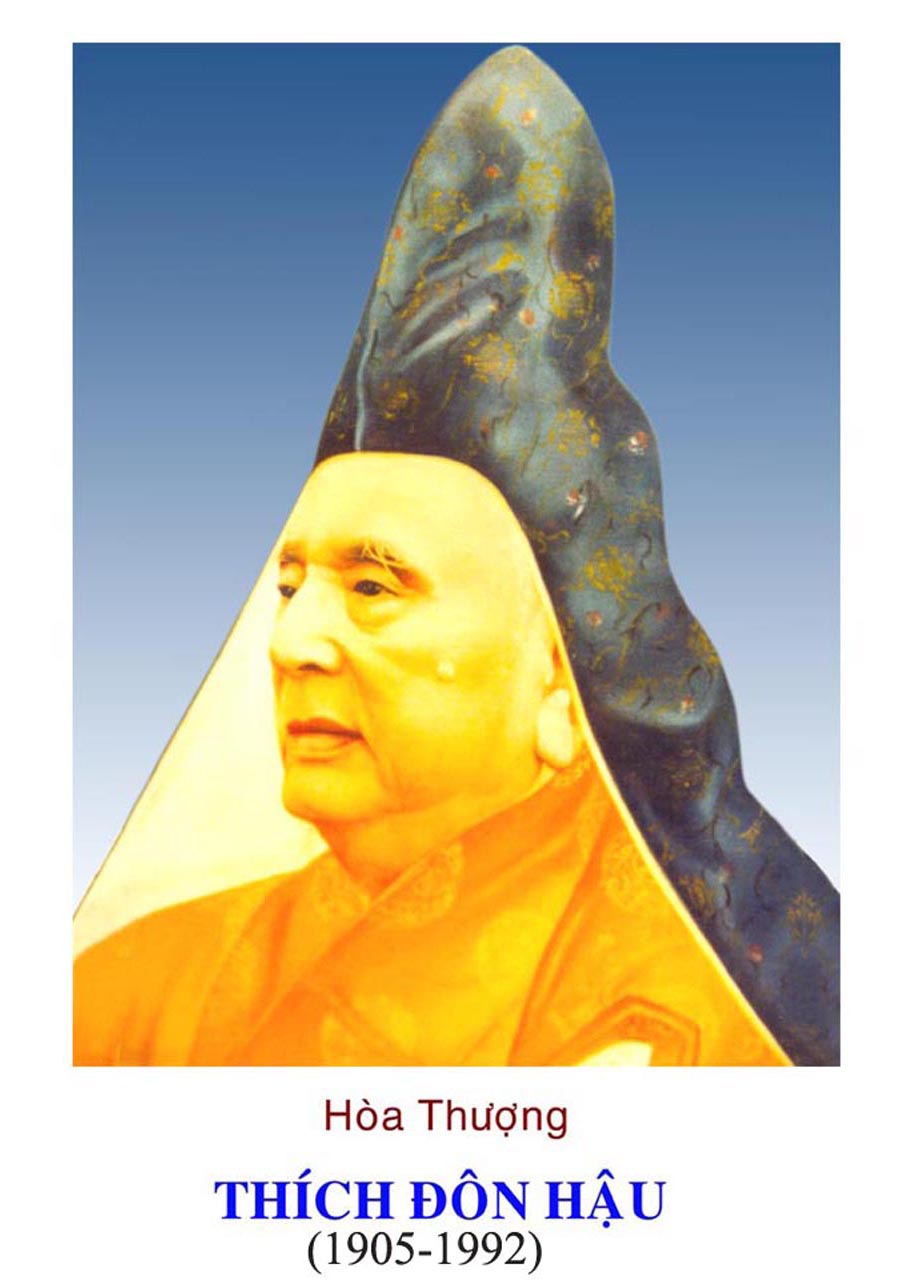Hoa Vo Uu (Buddha Dharma Education Association)
Venerable Shravasti Dhammika
The Buddha’s Words of Wisdom
Now, Asibandhakaputta, a follower of Nigantha Nãtaputta, came to where the Lord was and the Lord asked him: “What doctrine does Nigantha Nãtaputta teach his disciples?”
“Lord, Nãtaputta teaches that whoever kills, steals, commits sexual misconduct or lies—that person goes to hell. According to how one habitually acts, one goes to one’s destiny.”
“But if you say that as one acts habitually one goes to one’s destiny, then according to Nãtaputta’s teaching no one would go to hell. What do you think? If a man say, kills by day or night or from time to time, which time is the most habitual to him, when he kills or when he doesn’t kill?”
“Well, Lord, the time when he is not killing is most habitual to him.”
“Now, say a teacher teaches a doctrine such as this and a follower has faith in such a teacher. That follower would think: ‘My teacher says that whoever kills, steals, commits sexual misconduct or lies goes to hell. Now I have done these things so I am bound to go to hell.’ And so, holding this view, not giving it up, thinking it, not letting it go he does go to hell. But say a Tathãgata arises in the world. He censures, strongly censures killing, stealing, sexual misconduct and lying, saying, ‘Abstain from these thing.’
Then say a follower has faith in such a teacher, that follower would think: “The Lord in many ways censures, strongly censures killing, stealing, sexual misconduct and lying, saying: “Abstain from these things.” Now I have done such things. That is not well done, it is not good. Moreover, I may be remorseful when I remember that such deeds cannot be undone. Thinking in this way, he abandons such deeds. In this way he does beyond evil deeds.
By abandoning klling, he abstains from killing. By abandoning stealing, he abstains from stealing. By abandoning sexual misconduct, he abstains from that. By abandoning lying, he abstains from that also. By abandoning backbitting, harsh speech, and idle chatter he abstains from that. By abandoning greed, he becomes generous. By abandoning hatred, be becomes kind. By abandoning wrong view, he becomes one with perfect view.
This noble disciple, freed from greed and hatred, not bewildered but mindful and concentrated, abides suffusing the four quarters of the world, above, below, across, everywhere, all beings, the whole world with a mind filled with love, compassion, sympathetic joy and equanimity that is widespread, grown great. Just as a strong conchblower with but little effort gives notice to the four quarters, in the same way, nothing whatsoever is left out of that love, that compassion, that sympathetic joy or that equanimity.”


































